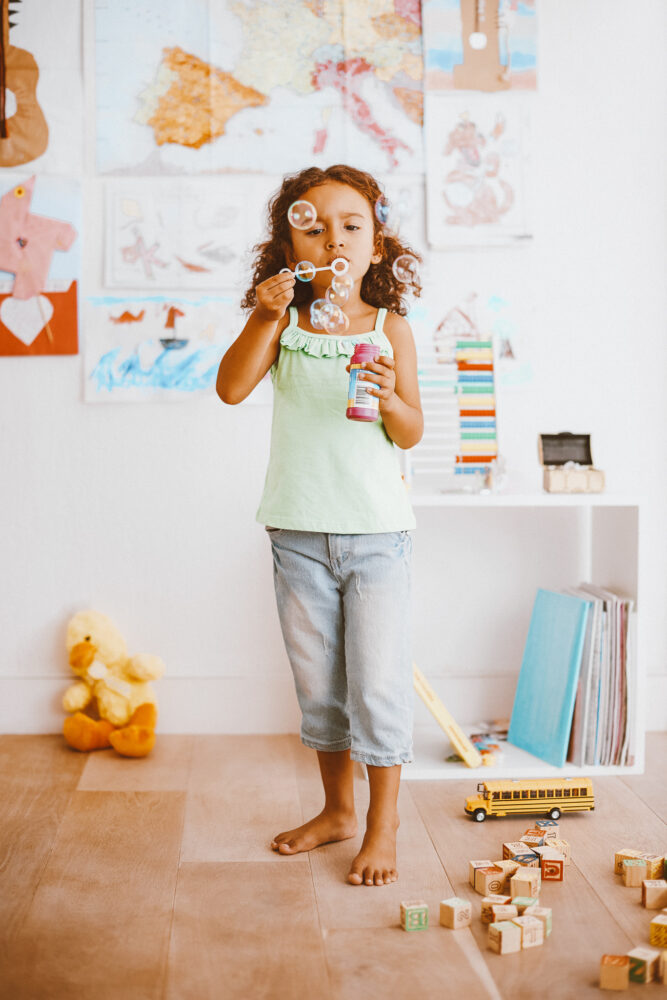Going Out to Dinner with Kids While on a Sleep Schedule
How to Foster Independent Play
Do you feel overwhelmed with the load of motherhood? Have you ever dreamed of getting stuff done while your child is actually awake, not just during nap time? Have you felt the weight of having to constantly entertain your child? Are you constantly thinking about a time to clean up, recharge, drink a coffee, work, workout, or just sit? Well, dreams do come true: Welcome, Independent Play Time (IPT).
What is Independent Play Time?
Independent play time is a planned time for your child to play completely on his/her own without parents or siblings around to prompt or participate in that play. Yes, you heard that right, your child will play on their own, in their own space. You don’t have to feel overwhelmed with entertaining your child every second of every day.
Why is it so important?

1.Helps foster creativity – Without being prompted in how to play or what to play, your child’s creative juices flow. Your child will find new, unique ways to interact with their toys.
2. Increases their ability to focus – Your child can concentrate on one activity or toy without feeling distracted by other things. Keeping their space small helps them feel secure in their play time.
3. Encourages problem solving – When given the opportunity to experience frustrating tasks, they begin to work through the emotions of problem solving on their own. The confidence they gain during these experiences will carry over into every day life.
4. Encourages Independence – Just as the name suggests, it fosters independence that carries on into other parts of their day.
5. Builds Confidence – Instead of relying on someone to tell them how to play, they feel safe to play how they want.
6. Helps with separation anxiety – Every child experiences separation anxiety to some extent, so the practice of having mom or dad leave to only come back during independent play time helps build that trust and work through any separation anxiety.
7. Helps limit the use of technology.
8. Provides benefit to parents – It allows parents to catch up without feeling like they have to multitask all day. It also makes play time with their child more special and intimate.
How can you incorporate IPT into your daily life?

1. Schedule it – Carve out a certain amount of time per day where your child will play by themselves.
2. Name It – For older children, making a name for it allows them to feel a sense of confidence and ownership of it.
3. Set up a safe environment – For babies, a play yard is a great option to ensure they are safe. For older toddlers and children, their room is a perfect IPT spot.
4. Provide toys – Give a small box of special toys for the child to play with. Giving too many toy options can lead to feeling overwhelmed.
5. Set a Timer – Give your child a specific amount of time to play. You can implement a visual timer for older children as it prevents them from asking if IPT is over.
Tips for success
Start small – Start with 5 minutes and build on it! If you start with 5 minutes, that is more than ok, you can always build on it.
Praise praise praise – Encourage your child every time they enter and exit IP time. Ask them what they did during their time so they can take ownership in it.
DON’T.GIVE.UP – Just like anything, it takes time and consistency. If your child doesn’t love IPT at first, don’t worry, it will get better.

Sarah Walden is a Senior Pediatric Sleep Consultant with Sleep Wise and has been with the team since 2017. She has a Bachelors Degree in Nutrition and Masters Degree in Elementary Education. Sarah has always been passionate about the physical and emotional well-being of children.


